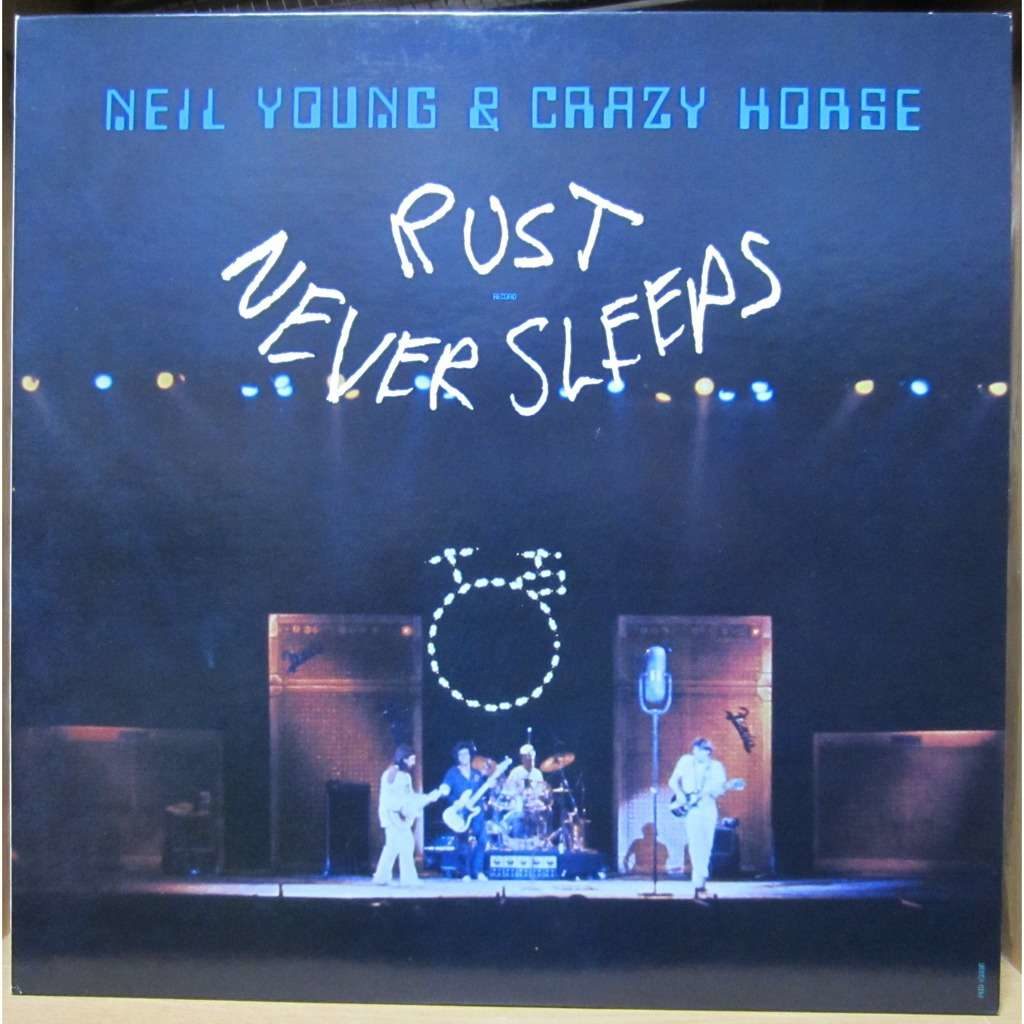A funny thing about law (not funny like a clown)

All of six days ago I wrote this:
A silver lining here is that we’re not going to get any op-eds this time around from Even the Liberal Amy Chua et. al about Amy Coney Barrett’s needlepoint skills, or how Barbara Lagoa mixes a mean Cuba Libre. Probably not anyway.
Maybe this is why I keep sending money to the widows of Nigerian generals.
Scott has already covered Noah Feldman’s spontaneous effusion upon the nomination of his great good friend Amy Coney Barrett, so I just want to add that the whole Supreme Court clerk/elite law school/SCOTUS nomination pipeline thing is equivalent to to filling sociology departments with nothing but alumni of Harvard final clubs in order to generate some really trenchant critiques of the American class system.
On a related topic, Barrett’s whole schtick is just Scalia’s originalism, which in turn has always been as phony as a three-dollar bill. Here’s originalism in a nutshell: The meaning of a legal text is always its original meaning, which should always be followed, unless there’s a good reason not to.
I’m not kidding. That’s it. That’s the “brilliant” theory that the “brilliant” Judge Barrett so brilliantly advocates in the footsteps of her “brilliant” mentor.
The great thing about this, which its advocates claim is The Only Truly Principled Way to Call Balls and Strikes is that it’s not actually any different from what Living Constitution types claim to be doing, which could be summed up as “follow the original meaning of a legal text unless there’s a good reason not to.”
The reason everybody — literally everyone — has to throw that latter caveat into legal decision making is that following the original meaning of a legal text all the time no matter what is such an absurd proposition that no one can actually defend it, especially when it comes to the legal text known as the Constitution of the United States.
Let’s see if I can think of a legal precedent that doesn’t follow the original meaning of the Constitution.
Oh here’s one, you may have heard of it, it’s called Marbury v. Madison, in which John Marshall invented the rule that the Constitution gives the Supreme Court the ultimate legal say on what the Constitution itself means.
Oh Alanis you just crack me up sometimes.
I’ll have more to say about that soon, but right now I just want to say that Feldman’s column literally made me ashamed to be associated in any way with American legal academia, but sedan delivery is a job I know I’ll keep (it sure was hard to find).


